I'm looking for Big O notation - avereage , for only the access of one element. Here is what I have so far. Once again that is Big O, Average, Access. Actually I only need it for a Searchable Red and Black Tree and a simple Modulus Hash.
Arrays - O(1) Linked Lists - O(X) Trees(defined above) - ? Hashes(defined above) - ?
